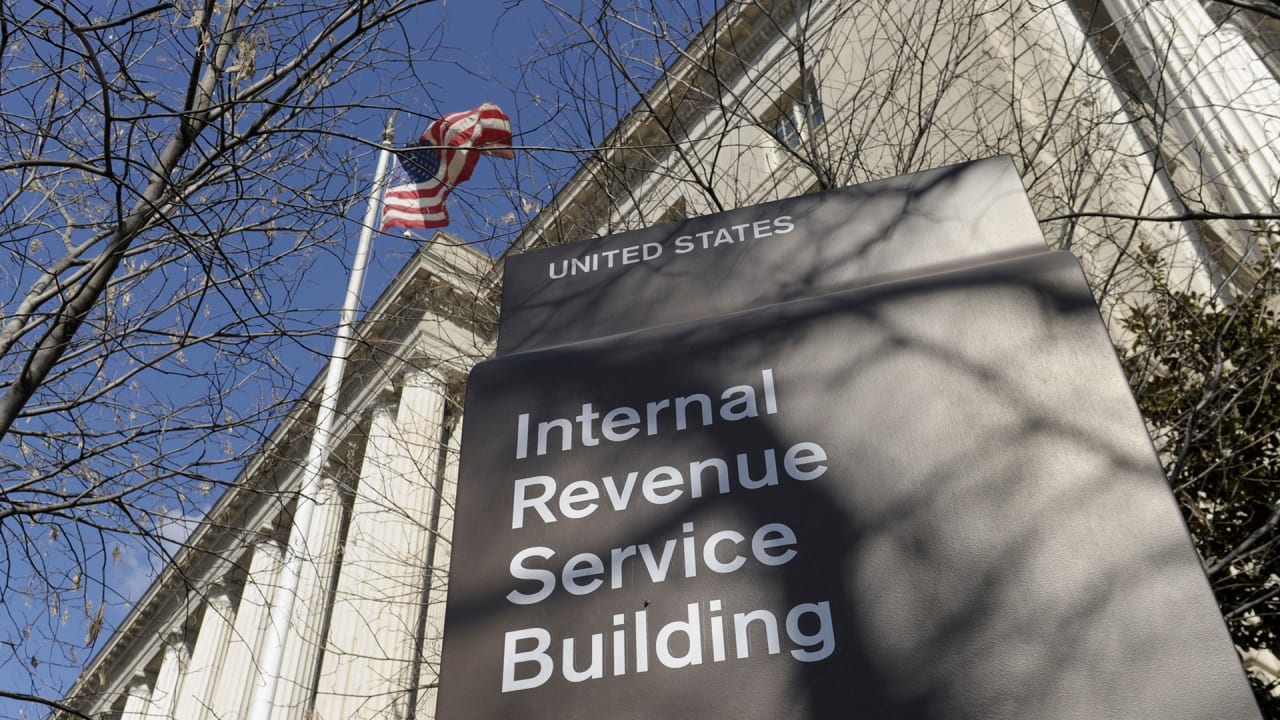Received an AI-generated résumé? Don’t reject it just yet
When an AI-assisted résumé lands on a hiring manager’s desk, most people have the knee-jerk reaction to chuck it straight onto the reject pile. While more and more companies are using AI in their day-to-day operations, when it comes to résumés and cover letters, the use of artificial intelligence remains taboo. The importance of AI-savvy talent This instinctive aversion to AI is costing firms invaluable AI-savvy talent. And with the demand and competition for AI skills so fierce, many employers are letting prospective talent slip through their fingers, straight into the laps of their competitors. It’s time to overhaul recruitment processes out of the dark ages. We need to reshape and sharpen the AI-powered workplace that’s already taking shape. To do this, companies need to root out anti-AI bias, implement AI-based tasks in their skills assessments, and then actually prioritize hiring for AI talent. The hypocrisy of rejecting AI-generated résumés A recent study by Capterra found that more than half of job seekers have used AI to aid their job search as they look to dull the sting of a brutal and unforgiving job market. Now, it’s not just the applicants who are using AI. Seven in ten businesses admit they’re happy to use AI to reject applicants without any review or oversight from a human. Yet despite their willingness to let AI make the hard decisions for them, a staggering majority of hiring managers say they view AI-generated content on a job application in a negative light. Some have even admitted that they’d be less likely to hire a candidate who’s used AI altogether. So you could be rejected by AI for using AI. The irony is palpable. Hypocrisy aside, hiring managers’ AI aversion is ruinous. Companies can’t get enough of AI at the moment. They’re so desperate for AI talent that they’re happy to sacrifice experience if it means the candidate knows how to use a chatbot. Why, then, are firms turning away candidates who use AI to aid their job search? Getting rid of anti-AI bias in hiring The first step firms must take to achieve this is to root out anti-AI bias in their hiring processes. To achieve this, executives need to make it their responsibility to ensure hiring managers are familiar with the business’s skills needs now and over the coming years. In addition, they should make sure that indications of these skills aren’t being ignored or punished at the application stage. Instilling hiring managers with a stronger understanding of how businesses are deploying AI will help reduce bias and ensure that hiring managers can spot AI talent amid a sea of applicants. Introducing AI-based tasks in skills assessments Then, we need to see companies introduce AI-based tasks in their skills assessments. This should be for all job roles, not just tech-oriented ones. Along with the usual tasks hiring managers typically give, like drafting a client brief or giving a presentation, employers should assess candidates on their ability to use and deploy AI tools effectively. AI-based tasks might include creating a prompt for a chatbot capable of outputting high-quality materials—where they mark applicants for the quality of the output. Or if the business employs specific AI tools, they can test applicants on their knowledge of the tool or ability to get to grips with it in a short time frame. Finally, employers should take the final step and strategically prioritize AI-fluent applicants over those who show no capability (or an unwillingness to learn). They might want to do this by creating an AI-capability score. Hiring managers need to prioritize AI skills, talents, and appetite, just as they have the mandate to hire for other role-relevant technical skills. AI will impact every single role within every company in the next few years. And in a world where AI tools are increasingly critical to businesses’ success, a base level of AI capability among workforces will be a make-or-break factor. Firms that continue to penalize AI use and ignore its critical nature to their business risk relegating themselves to anti-AI obscurity. They’re likely to find themselves left in the dust of their more open-minded and forward-thinking competitors. If you’re a hiring manager, why not take another look at those AI-supported applications? After all, the future of your workforce might sit behind them.

When an AI-assisted résumé lands on a hiring manager’s desk, most people have the knee-jerk reaction to chuck it straight onto the reject pile. While more and more companies are using AI in their day-to-day operations, when it comes to résumés and cover letters, the use of artificial intelligence remains taboo.
The importance of AI-savvy talent
This instinctive aversion to AI is costing firms invaluable AI-savvy talent. And with the demand and competition for AI skills so fierce, many employers are letting prospective talent slip through their fingers, straight into the laps of their competitors.
It’s time to overhaul recruitment processes out of the dark ages. We need to reshape and sharpen the AI-powered workplace that’s already taking shape. To do this, companies need to root out anti-AI bias, implement AI-based tasks in their skills assessments, and then actually prioritize hiring for AI talent.
The hypocrisy of rejecting AI-generated résumés
A recent study by Capterra found that more than half of job seekers have used AI to aid their job search as they look to dull the sting of a brutal and unforgiving job market. Now, it’s not just the applicants who are using AI. Seven in ten businesses admit they’re happy to use AI to reject applicants without any review or oversight from a human.
Yet despite their willingness to let AI make the hard decisions for them, a staggering majority of hiring managers say they view AI-generated content on a job application in a negative light. Some have even admitted that they’d be less likely to hire a candidate who’s used AI altogether.
So you could be rejected by AI for using AI. The irony is palpable.
Hypocrisy aside, hiring managers’ AI aversion is ruinous. Companies can’t get enough of AI at the moment. They’re so desperate for AI talent that they’re happy to sacrifice experience if it means the candidate knows how to use a chatbot. Why, then, are firms turning away candidates who use AI to aid their job search?
Getting rid of anti-AI bias in hiring
The first step firms must take to achieve this is to root out anti-AI bias in their hiring processes. To achieve this, executives need to make it their responsibility to ensure hiring managers are familiar with the business’s skills needs now and over the coming years. In addition, they should make sure that indications of these skills aren’t being ignored or punished at the application stage.
Instilling hiring managers with a stronger understanding of how businesses are deploying AI will help reduce bias and ensure that hiring managers can spot AI talent amid a sea of applicants.
Introducing AI-based tasks in skills assessments
Then, we need to see companies introduce AI-based tasks in their skills assessments. This should be for all job roles, not just tech-oriented ones. Along with the usual tasks hiring managers typically give, like drafting a client brief or giving a presentation, employers should assess candidates on their ability to use and deploy AI tools effectively.
AI-based tasks might include creating a prompt for a chatbot capable of outputting high-quality materials—where they mark applicants for the quality of the output. Or if the business employs specific AI tools, they can test applicants on their knowledge of the tool or ability to get to grips with it in a short time frame.
Finally, employers should take the final step and strategically prioritize AI-fluent applicants over those who show no capability (or an unwillingness to learn). They might want to do this by creating an AI-capability score.
Hiring managers need to prioritize AI skills, talents, and appetite, just as they have the mandate to hire for other role-relevant technical skills.
AI will impact every single role within every company in the next few years. And in a world where AI tools are increasingly critical to businesses’ success, a base level of AI capability among workforces will be a make-or-break factor.
Firms that continue to penalize AI use and ignore its critical nature to their business risk relegating themselves to anti-AI obscurity. They’re likely to find themselves left in the dust of their more open-minded and forward-thinking competitors.
If you’re a hiring manager, why not take another look at those AI-supported applications? After all, the future of your workforce might sit behind them.






























































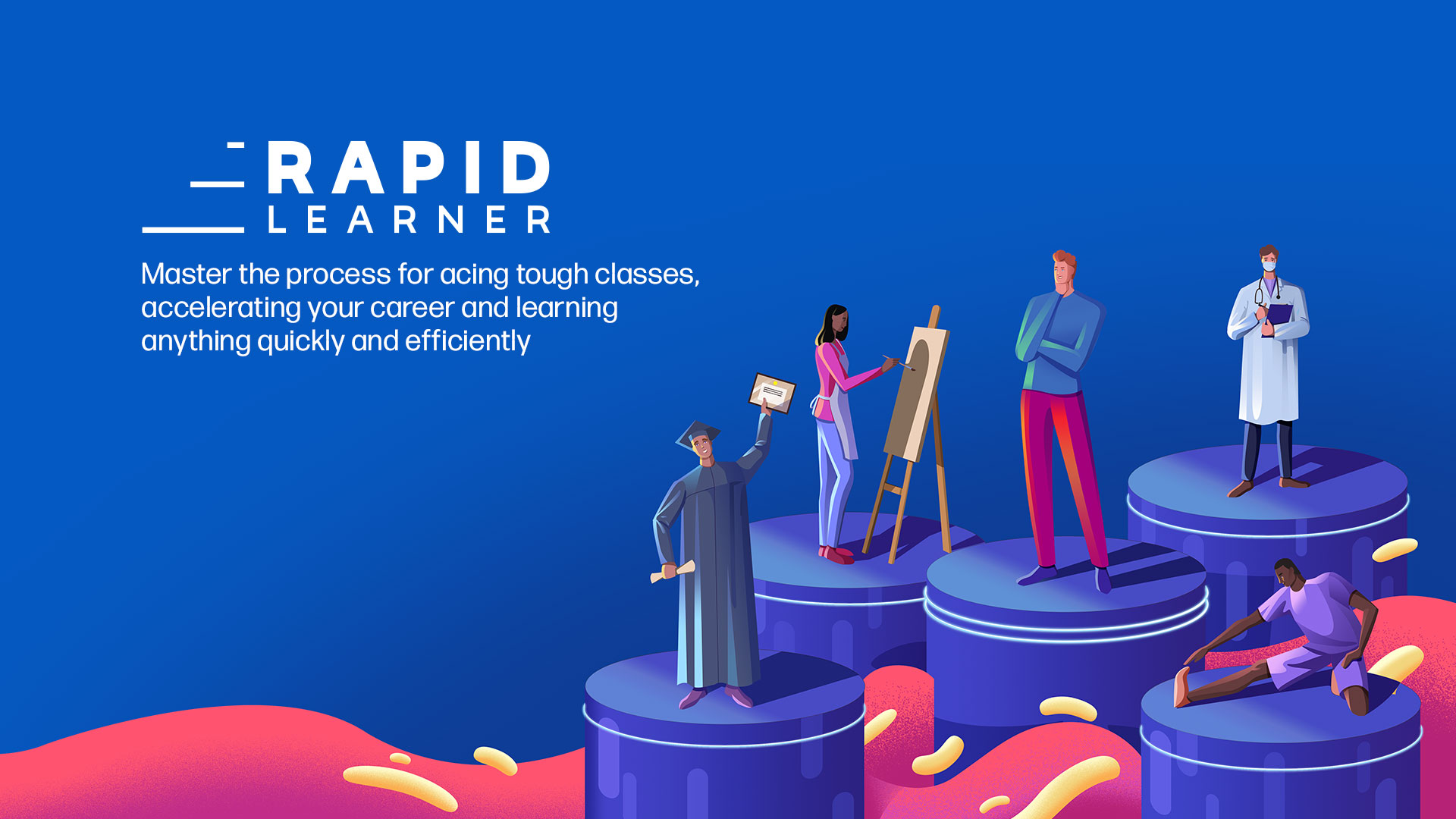

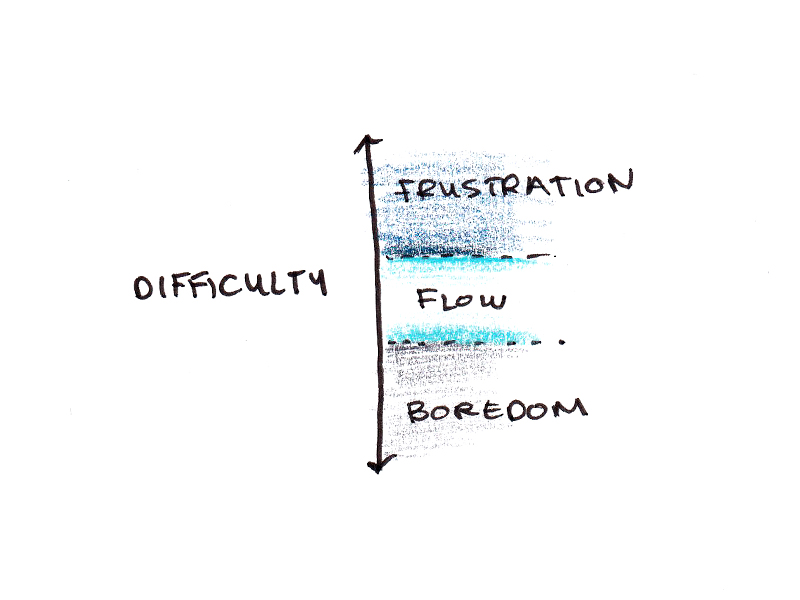









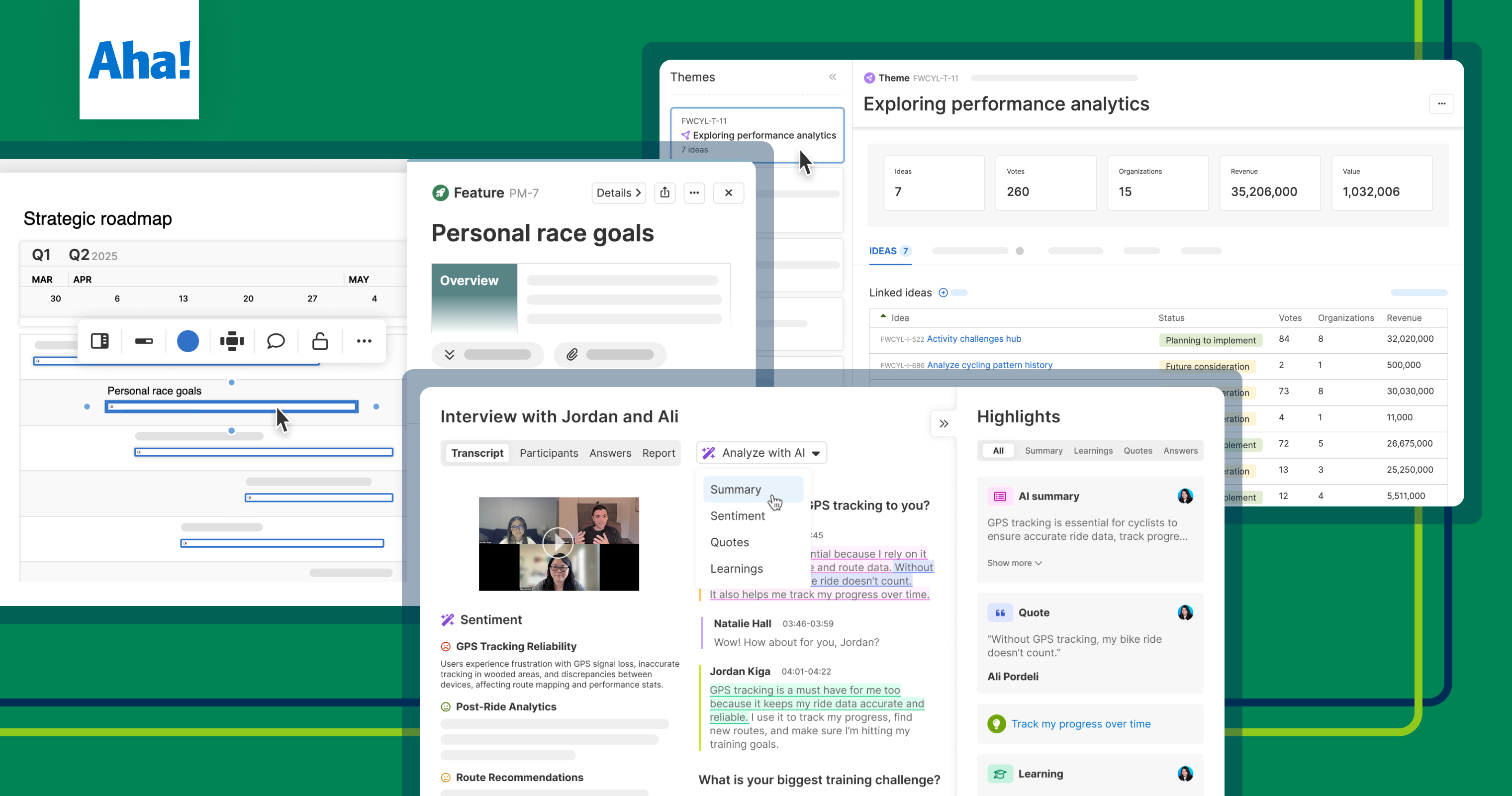
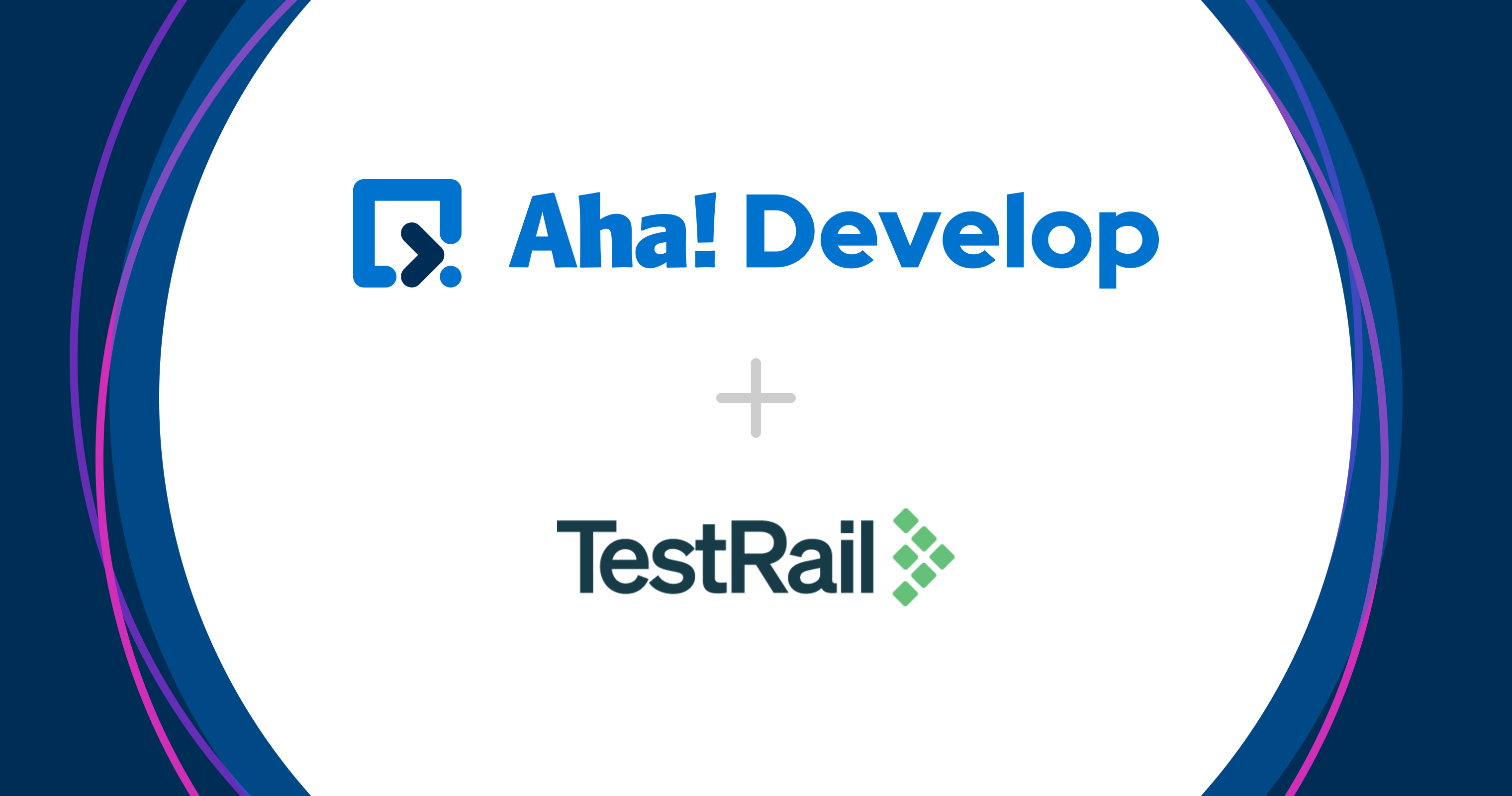




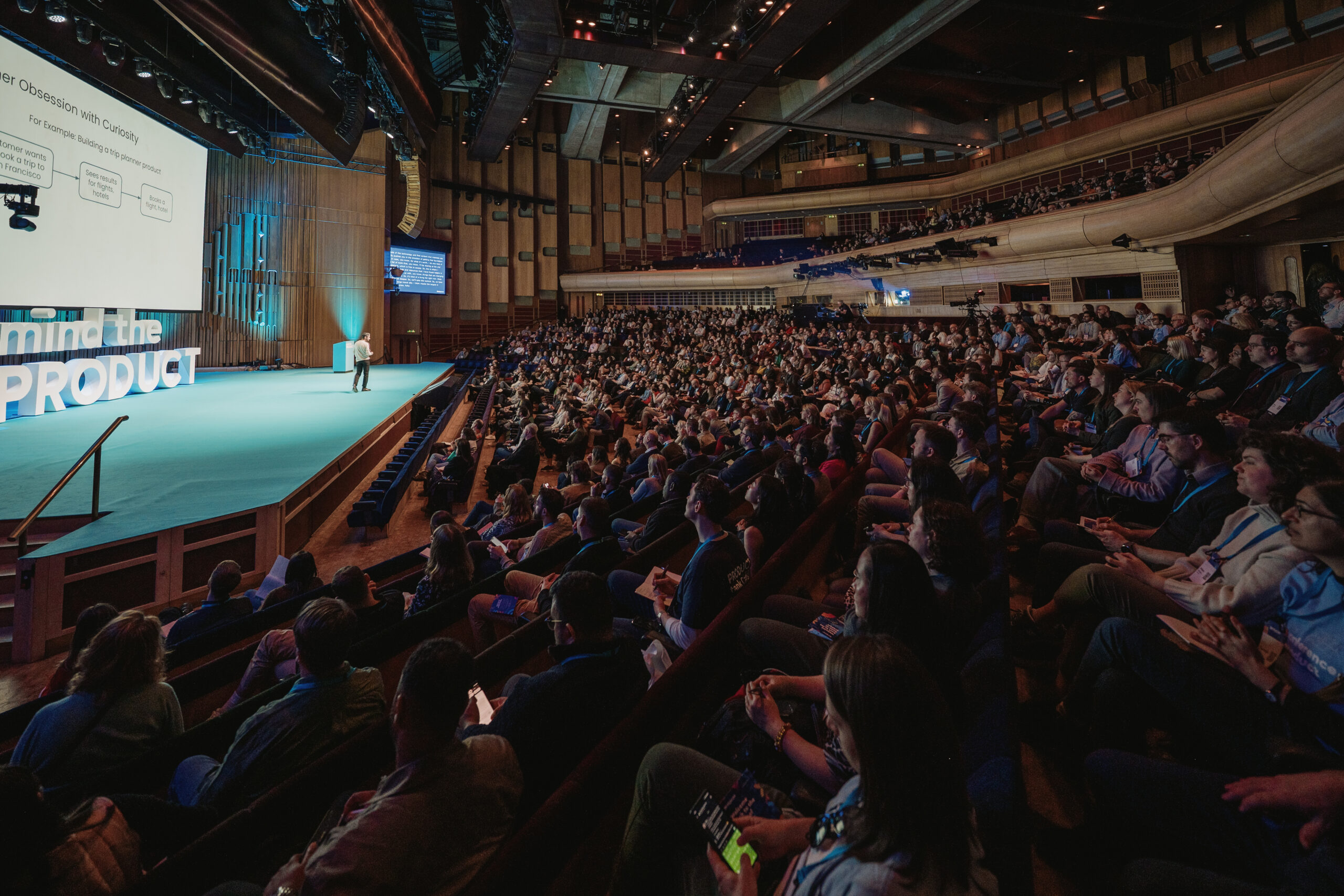
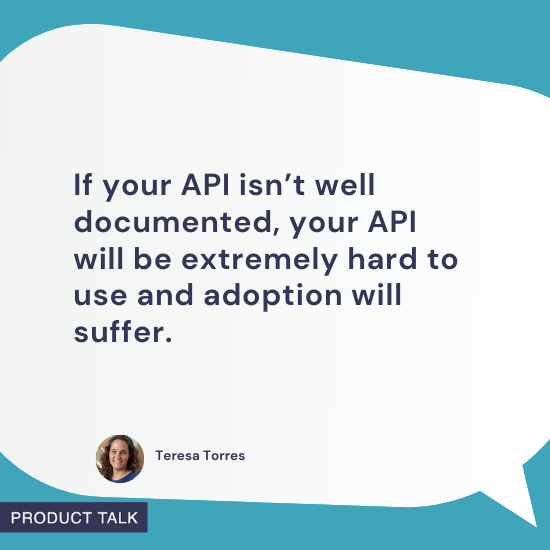




















![Building A Digital PR Strategy: 10 Essential Steps for Beginners [With Examples]](https://buzzsumo.com/wp-content/uploads/2023/09/Building-A-Digital-PR-Strategy-10-Essential-Steps-for-Beginners-With-Examples-bblog-masthead.jpg)





![How One Brand Solved the Marketing Attribution Puzzle [Video]](https://contentmarketinginstitute.com/wp-content/uploads/2025/03/marketing-attribution-model-600x338.png?#)
































